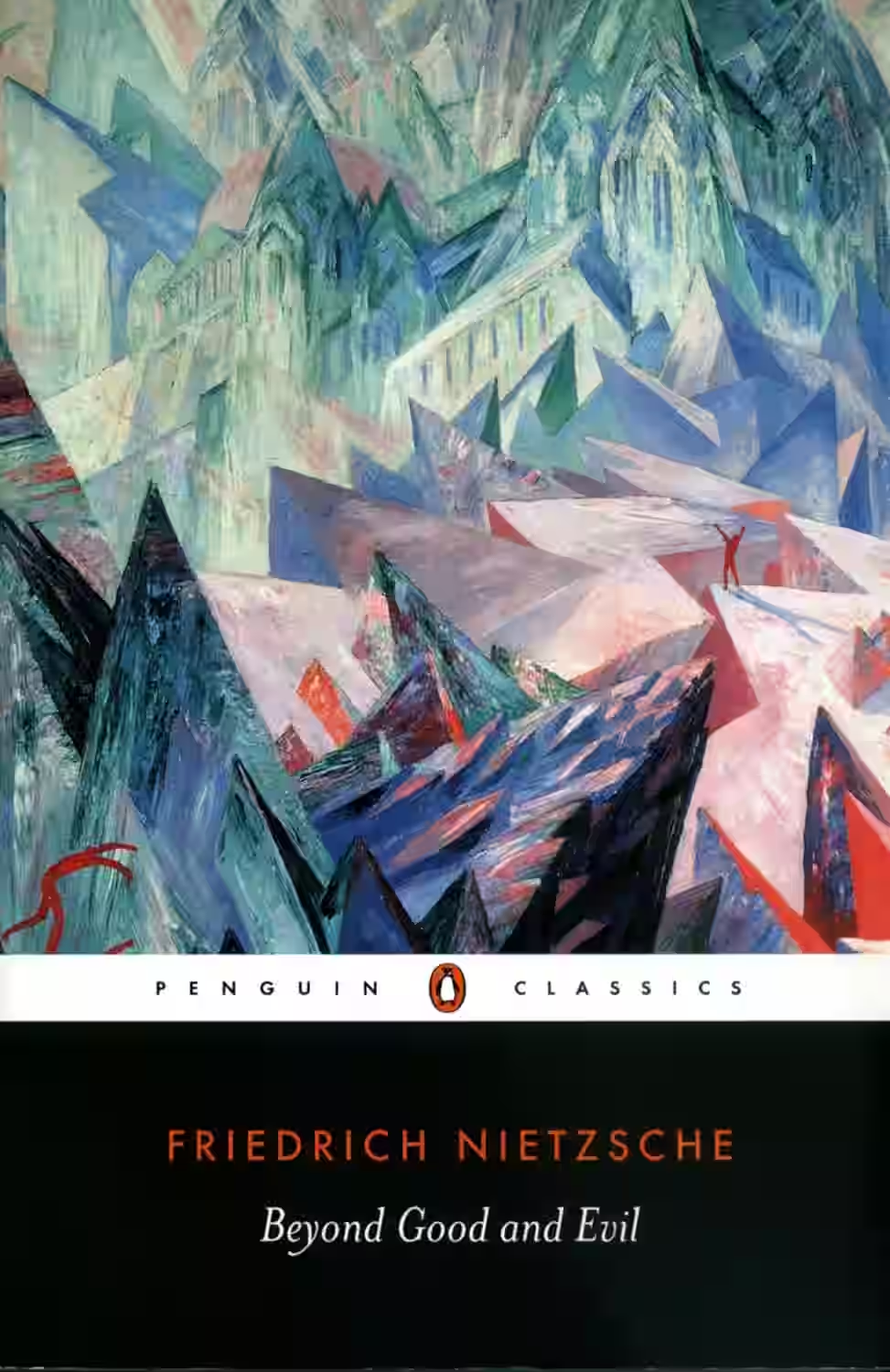
Beyond Good & Evil is a seminal work of philosophy by Friedrich Nietzsche that critiques traditional morality and explores concepts of power, will, and the individual's potential for self-overcoming. Nietzsche challenges conventional notions of good and evil, urging a re-evaluation of values and the affirmation of life's complexities.
About Friedrich Nietzsche
A German philosopher, cultural critic, poet, and composer, whose work profoundly influenced Western philosophy and intellectual thought. His writings, including Thus Spoke Zarathustra and Beyond Good and Evil, challenged traditional morality, religion, and scientific truth, advocating for individual self-overcoming, the "will to power," and the revaluation of values. Nietzsche's provocative ideas continue to spark debate and inspire intellectual inquiry.
Other Books by Friedrich Nietzsche
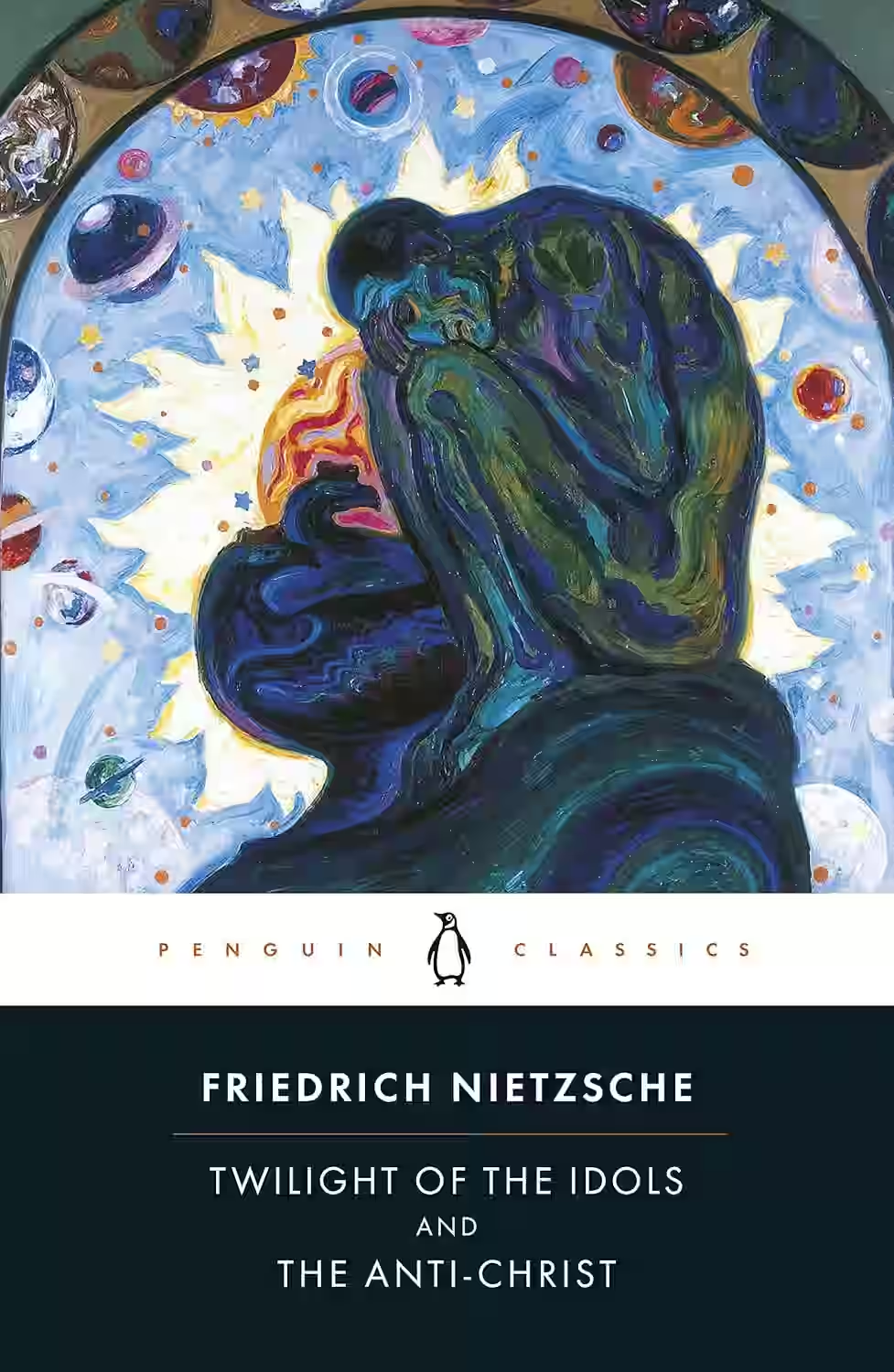
The Anti-Christ
Friedrich Nietzsche's 'The Anti-Christ' is a provocative and critical exploration of Christianity, morality, and the nature of religion. In this philosophical work, Nietzsche delves into his disdain for organized religion and the concept of God, arguing that Christianity has been detrimental to humanity's progress and self-realization. He challenges traditional Christian values and presents his vision of a new philosophy centered on individualism, strength, and the rejection of herd mentality. With his signature bold and confrontational style, Nietzsche forces readers to question their beliefs and confront the contradictions inherent in religious dogma. 'The Anti-Christ' remains a seminal work in Nietzsche's oeuvre, paving the way for existentialist and atheistic philosophies.
Similar Books
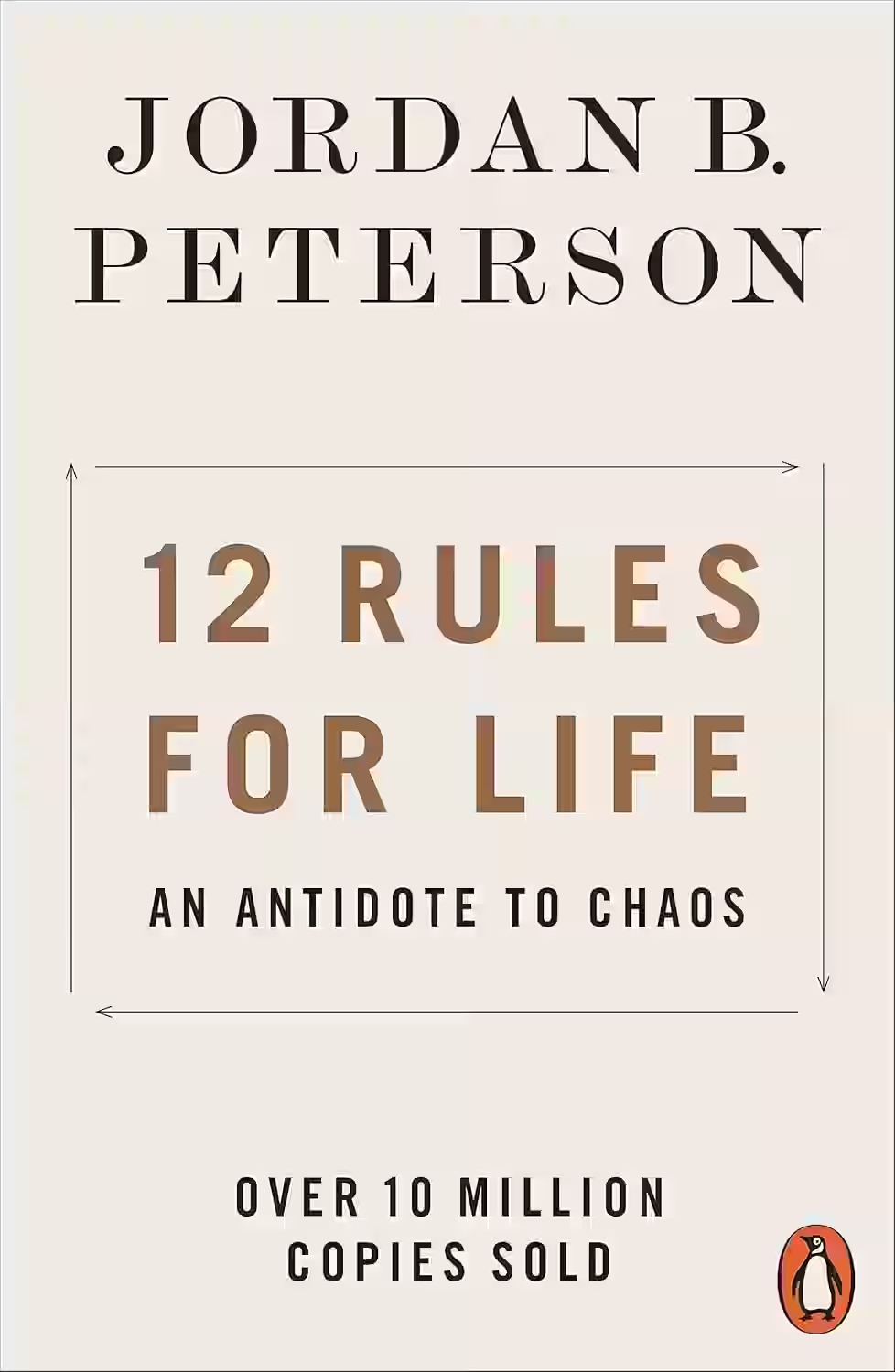
12 Rules for Life
In 12 Rules for Life, clinical psychologist Jordan B. Peterson presents life principles aimed at navigating chaos with order and purpose. Drawing from psychology, mythology, religion, and personal anecdotes, he discusses topics like personal responsibility, discipline, truth-telling, and meaning. Each chapter focuses on a distinct rule—such as “Stand up straight with your shoulders back” or “Pet a cat when you encounter one on the street.” Provocative and deeply philosophical, the book encourages readers to confront suffering and create order in their lives.
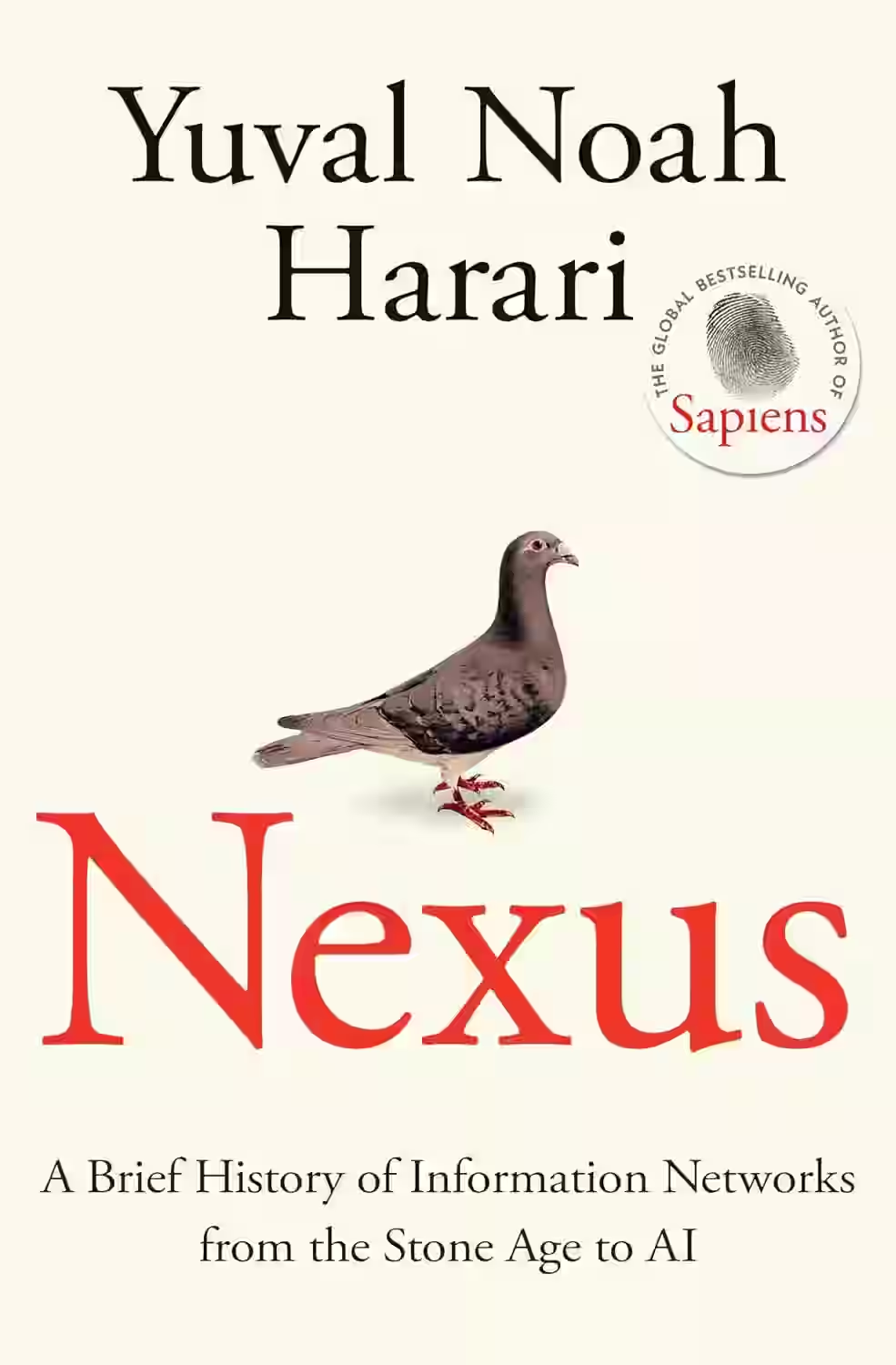
Nexus
In a future where mind-enhancing nanotechnology connects brains like apps, a young scientist develops Nexus 5, a powerful upgrade that could revolutionize human evolution—or destroy it. Caught between shadowy government forces and post-human extremists, he must navigate a dangerous world of espionage, ethics, and power struggles. Fast-paced and thought-provoking, Nexus explores the limits of human potential and the morality of scientific progress in a near-future thriller that blends cyberpunk and biotech with philosophical depth.
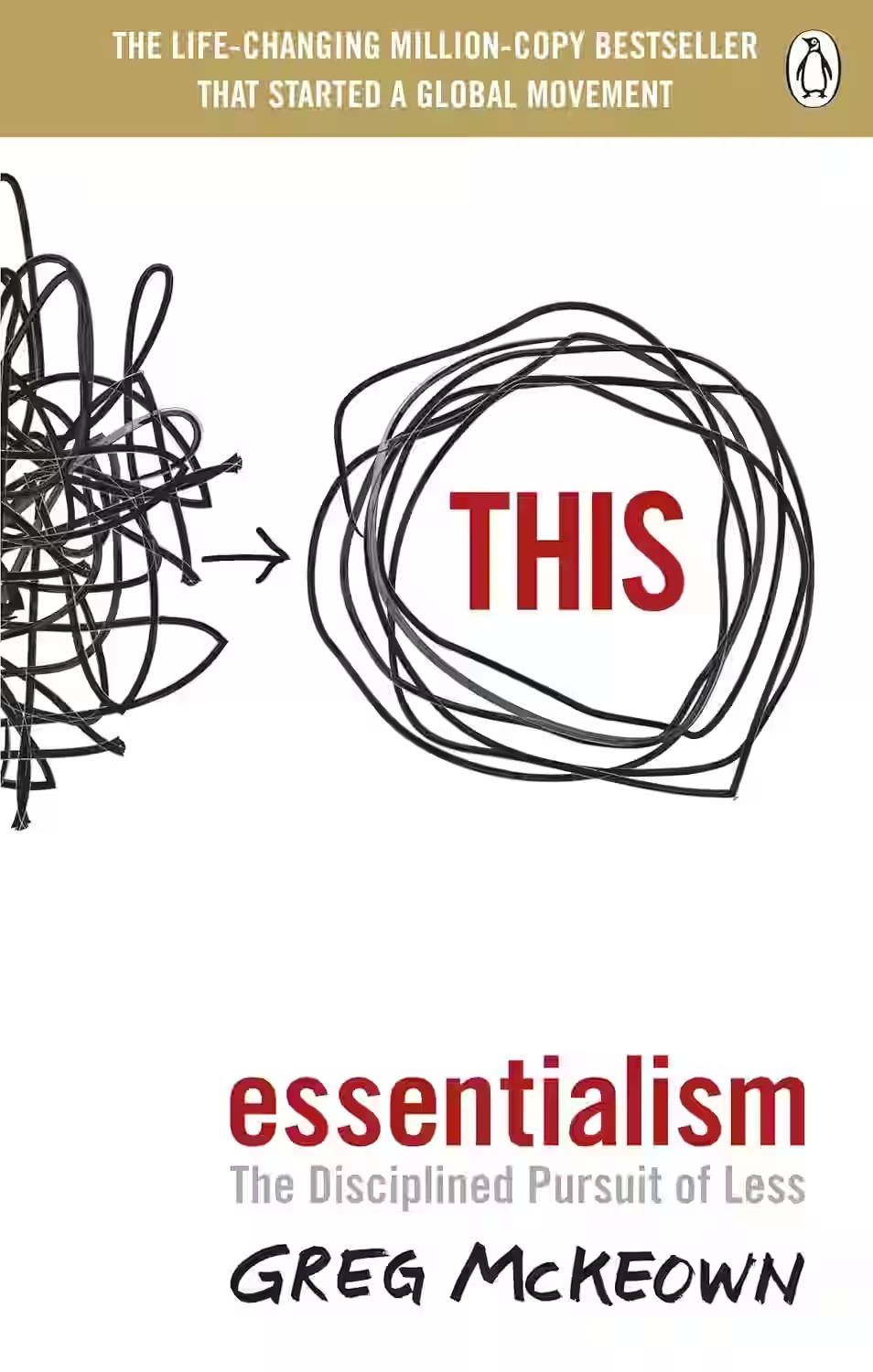
Essentialism: The Disciplined Pursuit of Less
by Greg McKeown
Essentialism is a manifesto for simplicity in an increasingly busy world. Greg McKeown advocates for doing less, but better—focusing only on what is truly important. He challenges the idea that we must do everything and instead teaches readers how to identify their highest priorities, eliminate non-essential tasks, and reclaim control of their time and energy. With practical tips and clear frameworks, the book empowers readers to make deliberate choices, say no more often, and live with intention. Essentialism is about creating space for what really matters—professionally and personally—by embracing the power of focus and clarity.

Walden
In Walden, Thoreau reflects on his experiment of simple living in a cabin near Walden Pond. Through observations of nature and philosophical musings, he advocates for self-reliance, introspection, and a deeper connection with the natural world. The work challenges materialistic values and encourages readers to seek fulfillment beyond societal conventions. Thoreau's contemplative prose offers timeless insights into the human condition and the pursuit of a meaningful life.